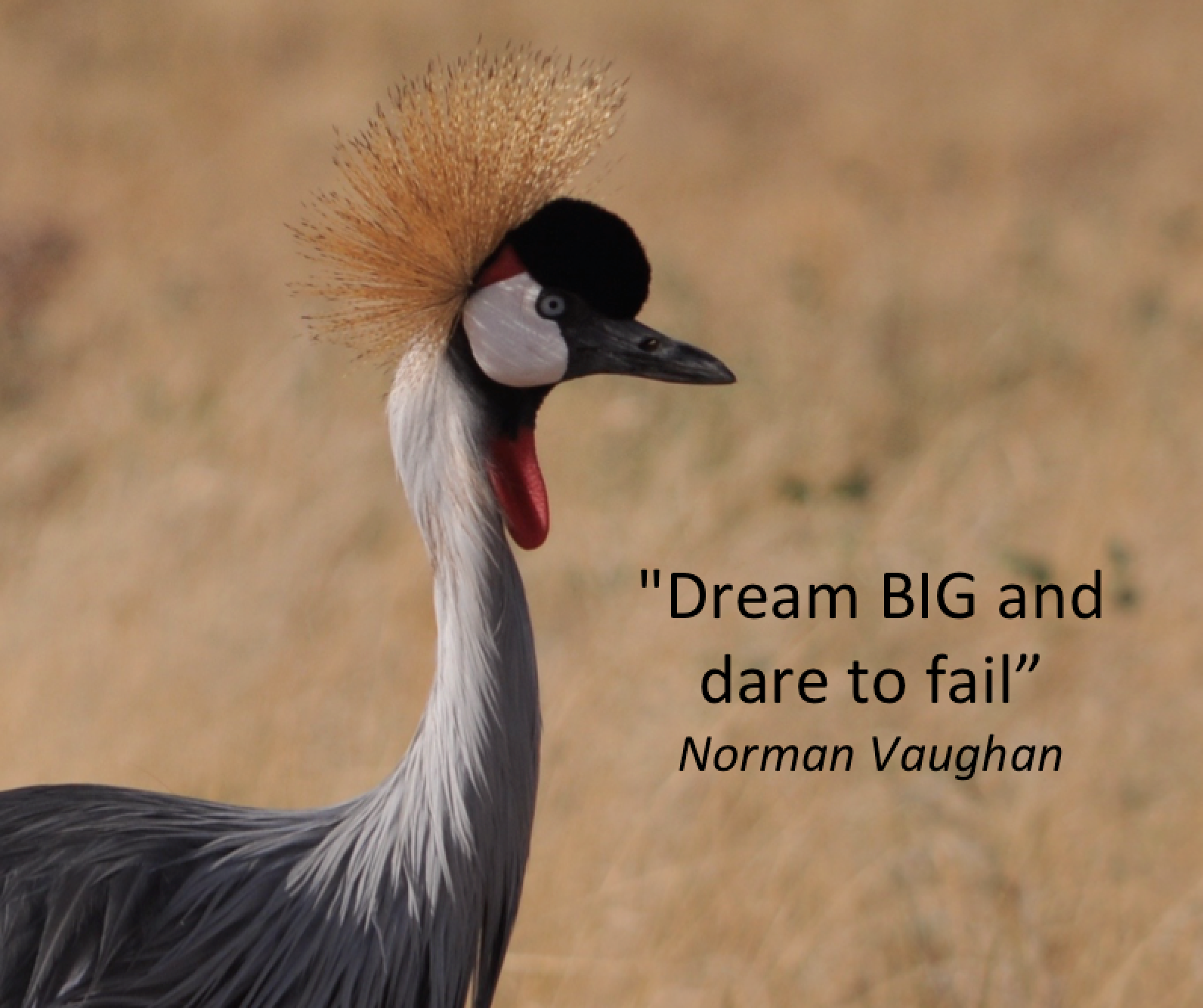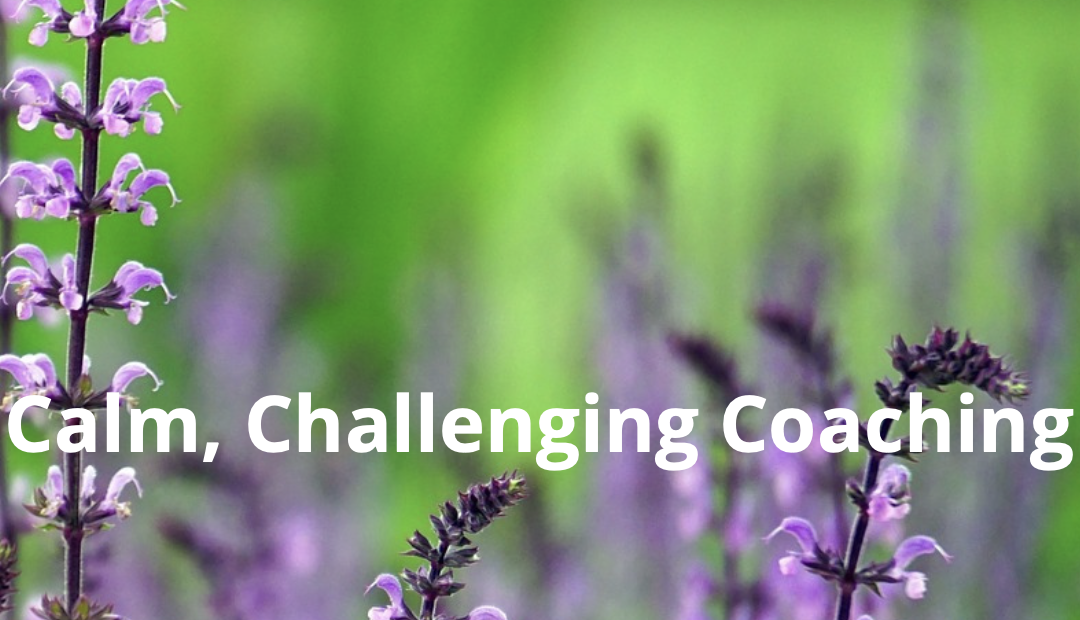
The other day, I sat watching a friend’s baby pull herself to her feet using the sofa as support. A moment of delight was swiftly followed by a bump as her little legs wobbled and plopped her back on her bottom on the floor. A frown flashed across her face before she reached out for the sofa again and pulled a little harder. Another bump. The third time she shifted her feet a little and leaned forwards a bit more and was rewarded by standing for about ten seconds before she sat down chortling.
Her urge to stand outweighed the setbacks and she learned from what had happened in her previous attempts. Nobody had told her how to stand up. She wasn’t bothered by who was watching, so focused was she on the task. She was fearless. We were all a fearless child once, pulling ourselves up, determined to stand, then to walk, so what has stopped us from being so fearless today?
A client of mine, we will call her Sara, had seen the perfect job move within her company but was worried about what her colleagues would think if she put herself forward and she didn’t get the job. She didn’t want them to think she thought she was above them, and she also didn’t think she could cope with the pitying looks or the whispered laughter that she assumed would be aimed at her if she failed to get the promotion. She almost talked herself out of applying, telling me there was no point as she wouldn’t get it and that a colleague she had talked to had told her the same thing.
We sat down over a coffee and she talked about how bored she was in her current position and how much more suited the advertised role would be for her. She said the extra salary would be very welcome, and that her self-esteem would increase when her skills and potential were recognized. I asked her what was the likelihood of her getting the job if she applied? She estimated it low at around 40%.
I then asked her if there was anything she would learn from the process. The answer was that she would get to know what to expect in an interview for that level job, and that senior management would know who she was and that she wanted to stay at the firm. By getting feedback after the interview and asking for information on what her skills gaps were, she would be in a better position the next time a position came up. Buoyed up with some positive thoughts about this, I then asked her what the chances of her getting the job were if she just didn’t apply. She stopped for a minute before a wry smile crossed her face and she admitted that it was zero, and that she would lose out on all the positive benefits that came along with applying and not getting the job.
So why had the colleague not encouraged her?
Friends and colleagues sometimes want to protect us from harm and disappointment. However people are often averse to change and it suits them for you to stay doing the same things at the same level, it disrupts them less. By getting ahead, you may be leaving them behind and subconsciously they don’t want that. This is why those closest to you may not be the right people to ask about taking that next step. Fear of shame and embarrassment comes from those banana skin moments in childhood, where everyone laughs and you are the joke. If this happens, the skill is to laugh with them at the situation, and deflect it from you personally, after all anyone could have slipped, it just happened to be you that day.
Sara was afraid of not being good enough. On this particular occasion she didn’t get the promotion, but found out what skills she lacked and put herself forward for the next training course available that would address the gap. Some of the questions asked at the interview prompted her into taking the opportunity to talk to people in other divisions of the company to learn more about the business. Far from ignoring her as she assumed they would when she showed an interest in their area, they were happy to share information and network with other departments, knowing there was a favour that could be called in if needed later. Needless to say, when the next promotion opportunity came along she was in a much better position, with improved company knowledge, contacts and confidence. She got the promotion.
She could have taken the first rejection as final and believed herself forever worthless, but by taking the personal from the equation – they hadn’t rejected her, but that her set of skills and experience was not what they were looking for at that time – she was able to take the opportunity to learn and grow.
Life is full of opportunities if we look for them, whether it is work or home based.
However, you will never be able to make the most of these opportunities if fear of failure holds you back.
What have you got to lose from trying?







